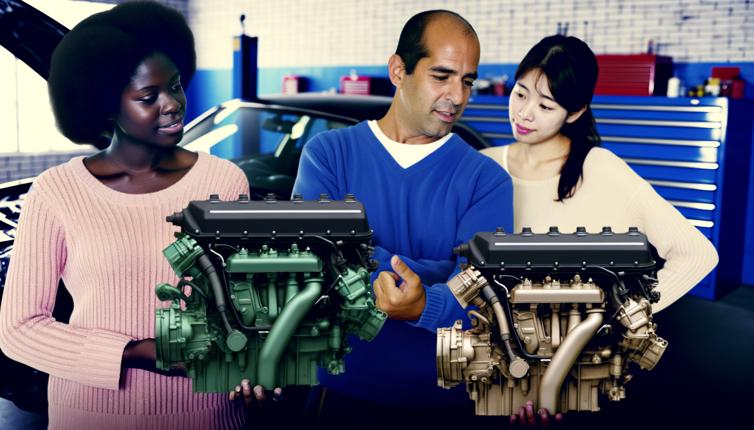Liability Coverage
Liability coverage is the most basic type of car insurance that is required in most states. It covers damages and injuries that you cause to others in an accident. This includes medical expenses, property damage, and legal fees.,Liability coverage is divided into two parts: bodily injury liability and property damage liability. Bodily injury liability covers the medical expenses and lost wages of the other party involved in an accident, while property damage liability covers the repair or replacement of their vehicle or property.
Collision Coverage
Collision coverage is optional but highly recommended, especially if you have a newer or more valuable vehicle. It covers the cost of repairs or replacement of your own vehicle in case of an accident, regardless of who is at fault.,Collision coverage typically has a deductible, which is the amount you have to pay out of pocket before your insurance kicks in. The higher the deductible, the lower your premium (the amount you pay for insurance) will be.
Comprehensive Coverage
Comprehensive coverage is also optional but provides additional protection beyond collisions. It covers damages to your vehicle caused by non-collision events such as theft, vandalism, natural disasters, and falling objects.,Comprehensive coverage also has a deductible, and the same principle applies - higher deductibles result in lower premiums.
Uninsured/Underinsured Motorist Coverage
Uninsured/underinsured motorist coverage protects you if you are involved in an accident with a driver who does not have insurance or has insufficient coverage to pay for damages and injuries.,This type of coverage can help cover medical expenses, lost wages, and other damages that you would normally receive from the at-fault driver's insurance if they were adequately insured.,It's important to note that this coverage is not mandatory in all states but is highly recommended to protect yourself in case of an accident with an uninsured or underinsured driver.
Conclusion
Choosing the right type of car insurance depends on your individual circumstances and needs. Liability coverage is the most basic and required by law in most states, while collision and comprehensive coverage provide additional protection for your own vehicle. Uninsured/underinsured motorist coverage is important to consider if you want to be protected in case of an accident with an uninsured or underinsured driver. Assess your budget, the value of your vehicle, and your personal risk tolerance to determine the level of coverage that is right for you.








